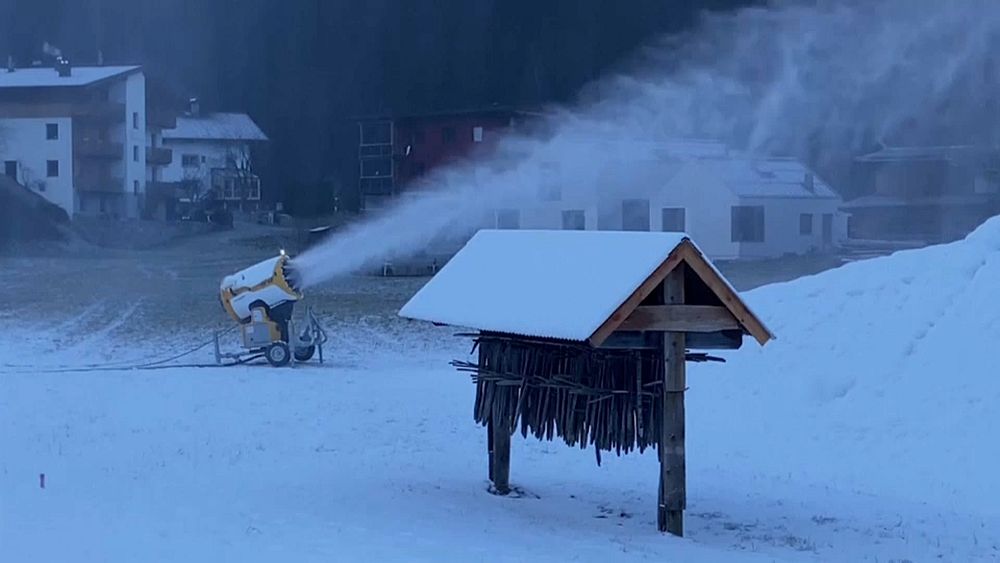A majority of residents at the Ischgl ski resort in Austria who contracted COVID-19 last year still have immunity eight months after they were infected, according to a study by The Medical University of Innsbruck.
The resort is believed to have been the scene of Europe”s first coronavirus ‘”super-spreader” event.
Researchers found close to 90% of people who tested positive in April still had antibodies for the virus in November.
Austria’s main public health agency AGES, believes the Ischgl outbreak, in which thousands of people from across Europe were infected, began in February last year before the first cases in Austria were detected.
The study is believed to be one of the largest-ever carried out over the longest period of time.
Researchers say it will help answer the question of how long immunity lasts after infection.
Dr Wegene Tamire Borena led the research. She says the study’s findings are supported by similar research carried out elsewhere.
“What we found correlates strongly with the findings of the few other studies coming out, like in England weeks ago, which found 88% of people still have immunity after six months,” she says.
Watch the full interview with Dr Borena in the video player, above.







:max_bytes(150000):strip_icc():focal(231x296:233x298)/judy-garland-christopher-walken-liza-minnelli-011725-05ac1364871e499789f7bcd45017d018.jpg)